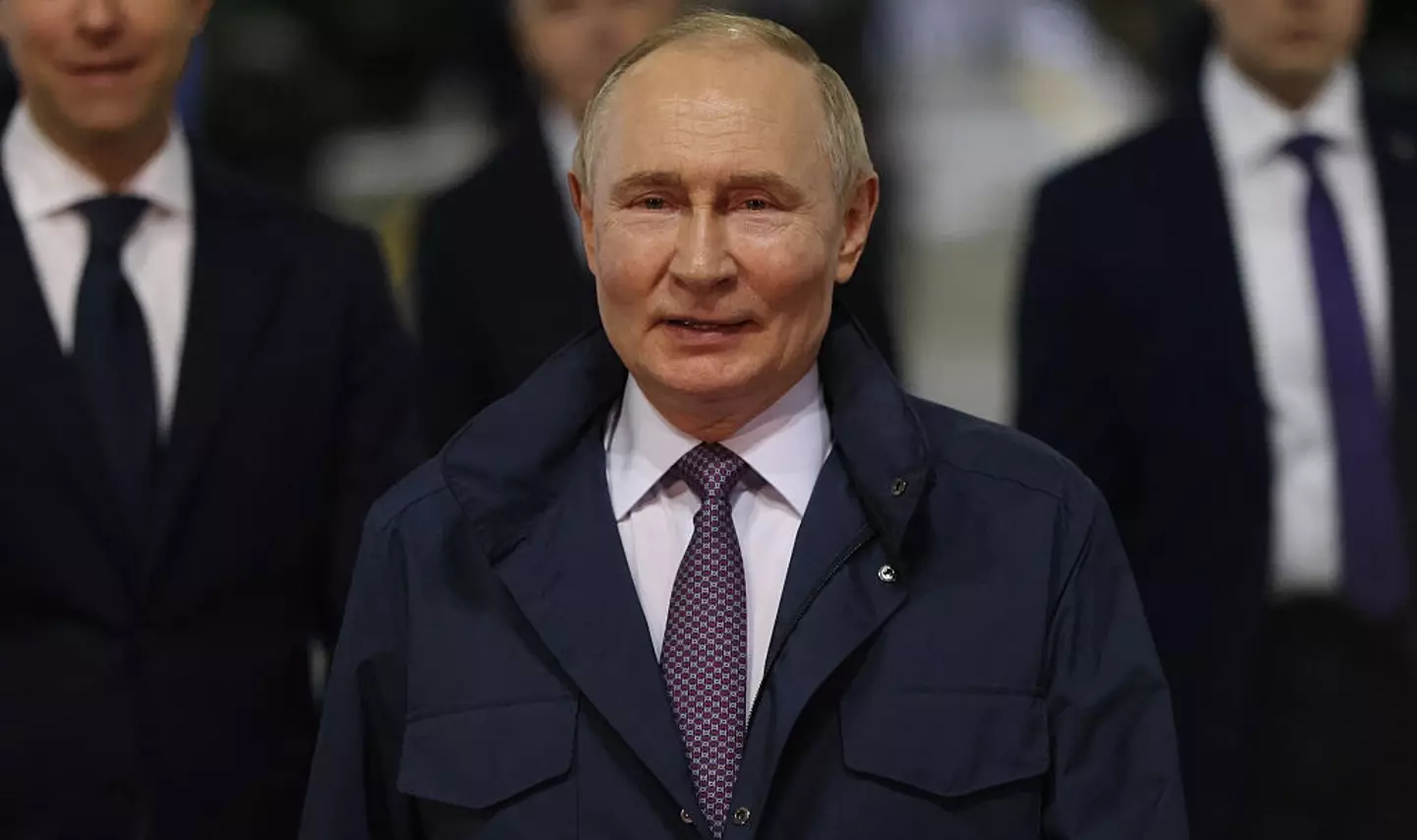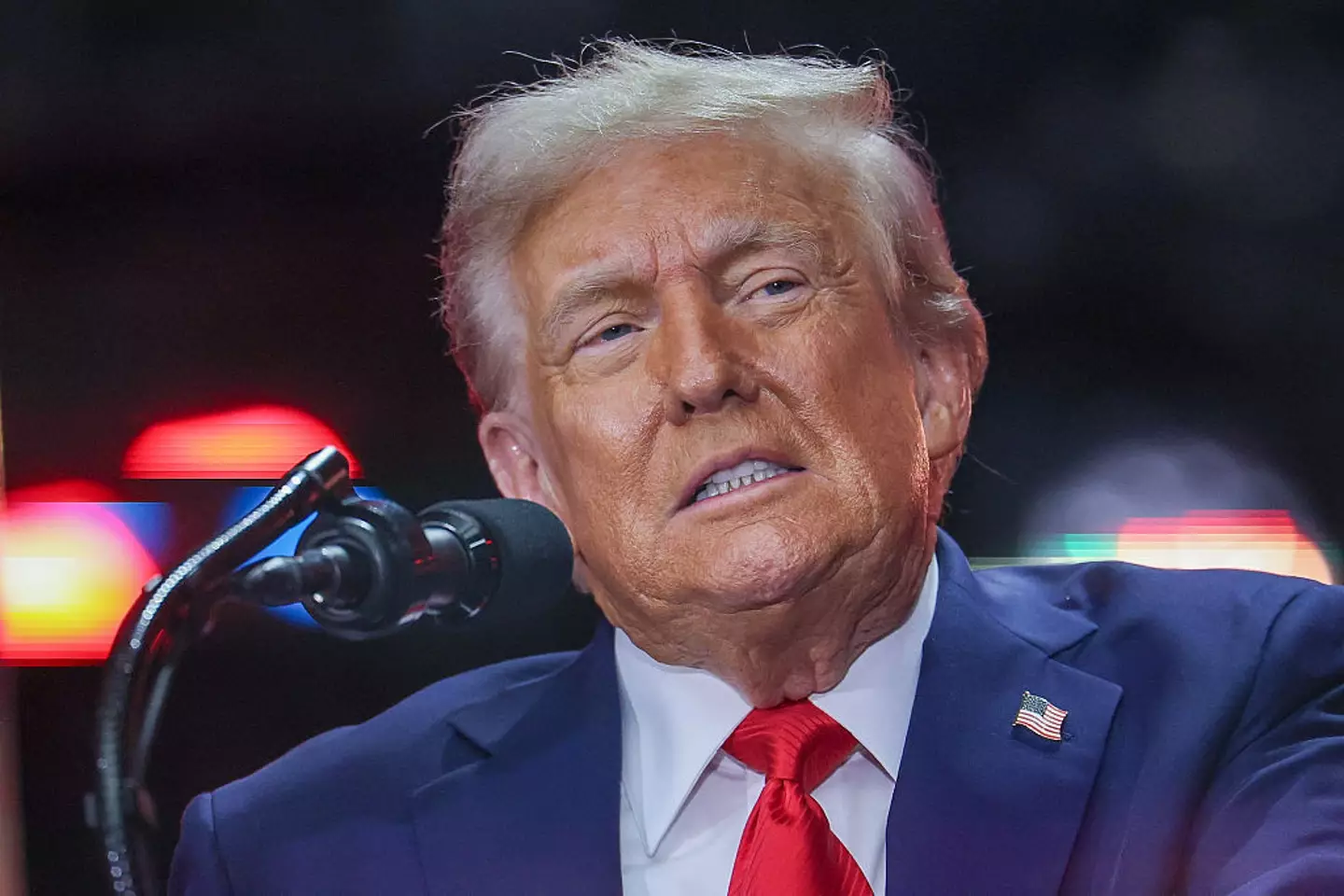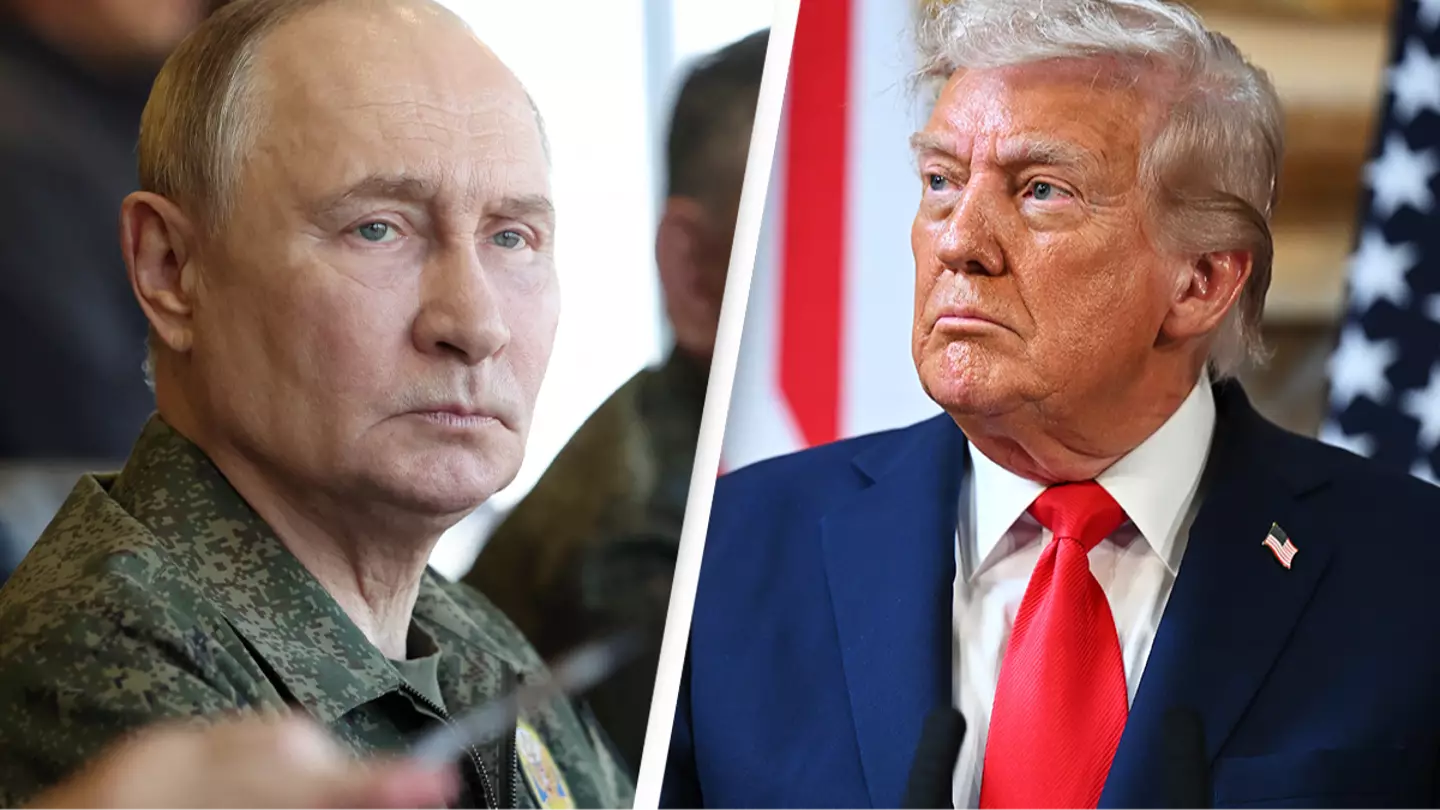Vladimir Putin has recently taken an unexpected step in an effort to maintain peace.
In 2010, an agreement between Russia and the US led to the New START Treaty, which was implemented in February 2011.
The Treaty “enhances US national security by placing verifiable limits on all Russian deployed intercontinental-range nuclear weapons,” according to the US government website.
The United States is also required to comply with the same regulations.
Originally, the Treaty was set to conclude in 2021, but the two countries consented to extend its duration until February 2026. As the expiration date approaches, Russia has proposed an unexpected offer.

The primary objective of the Treaty is to restrict the nuclear arsenals of both nations to 1,550 deployed strategic warheads each.
The Nuclear Threat Initiative elaborates further: “The Treaty also includes an aggregate limit of 800 deployed and non-deployed ICBM launchers, SLBM launchers, and heavy bombers equipped for nuclear armaments. Within that limit, the number of deployed ICBMs, SLBMs, and heavy bombers cannot exceed 700.”
With the Treaty nearing its deadline in February, Putin unexpectedly announced that Russia would adhere to its terms for an additional 12 months.
“Russia is prepared to continue adhering to the central numerical limits under the New START Treaty for one year after 5 February 2026,” stated the Russian president, according to Reuters.
“Subsequently, based on an analysis of the situation, we will make a decision on whether to maintain these voluntary self-imposed restrictions.”
The condition is that Putin wants Donald Trump to accept these voluntary constraints as well.
“We believe that this measure will only be viable if the United States acts in a similar manner and does not take steps that undermine or violate the existing balance of deterrence capabilities,” Putin stated.

Putin believes that maintaining compliance with the Treaty’s guidelines will help sustain global stability.
He commented, as reported by NBC News: “To avoid provoking a further strategic arms race and to ensure an acceptable level of predictability and restraint, we believe it is justified to try to maintain the status quo established by the New START Treaty during the current, rather turbulent period.
“Therefore, Russia is prepared to keep adhering to the central quantitative limitations of the New START Treaty for one year after Feb. 5, 2026.”

